SEARCH
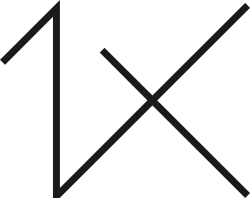
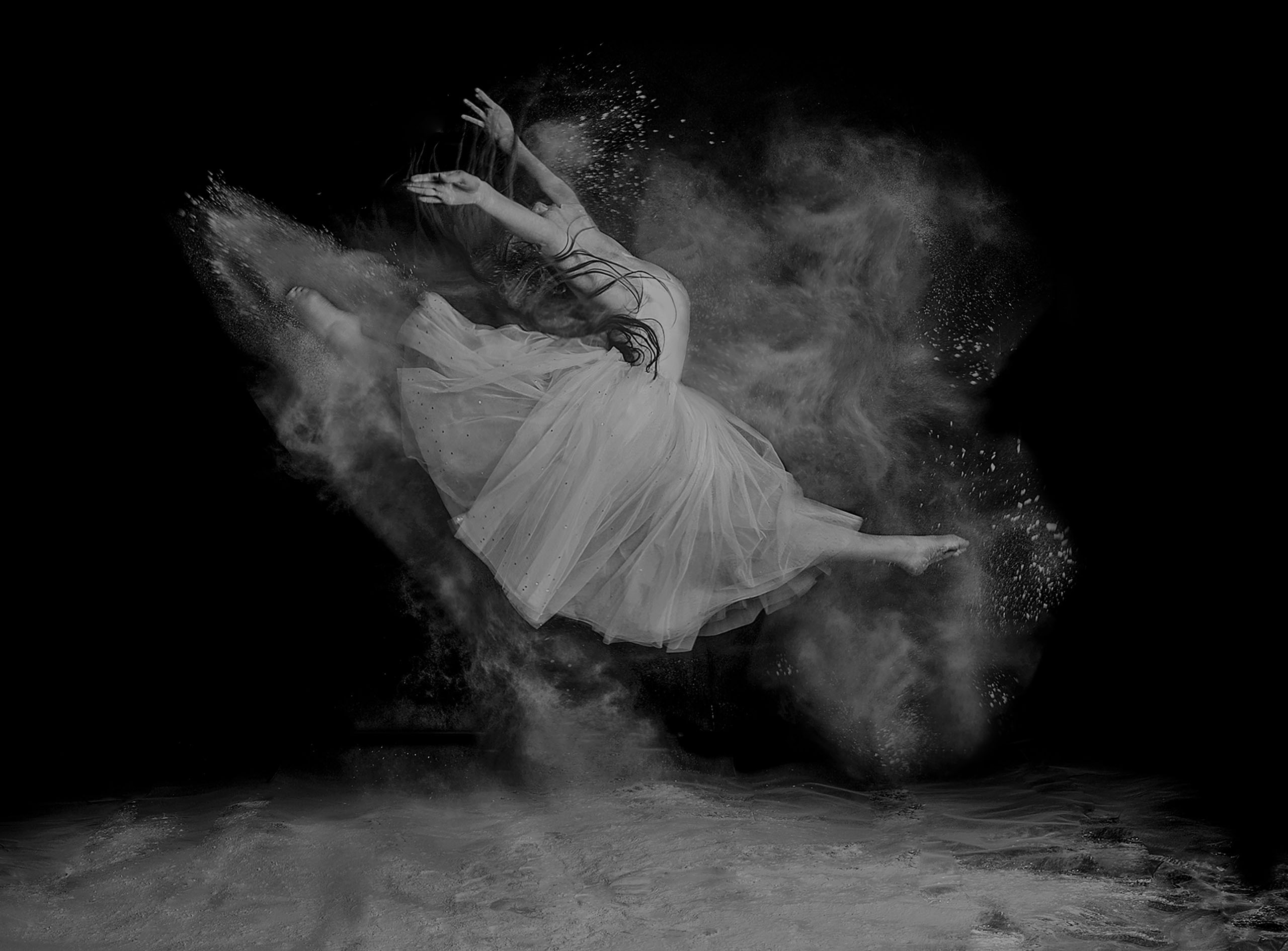
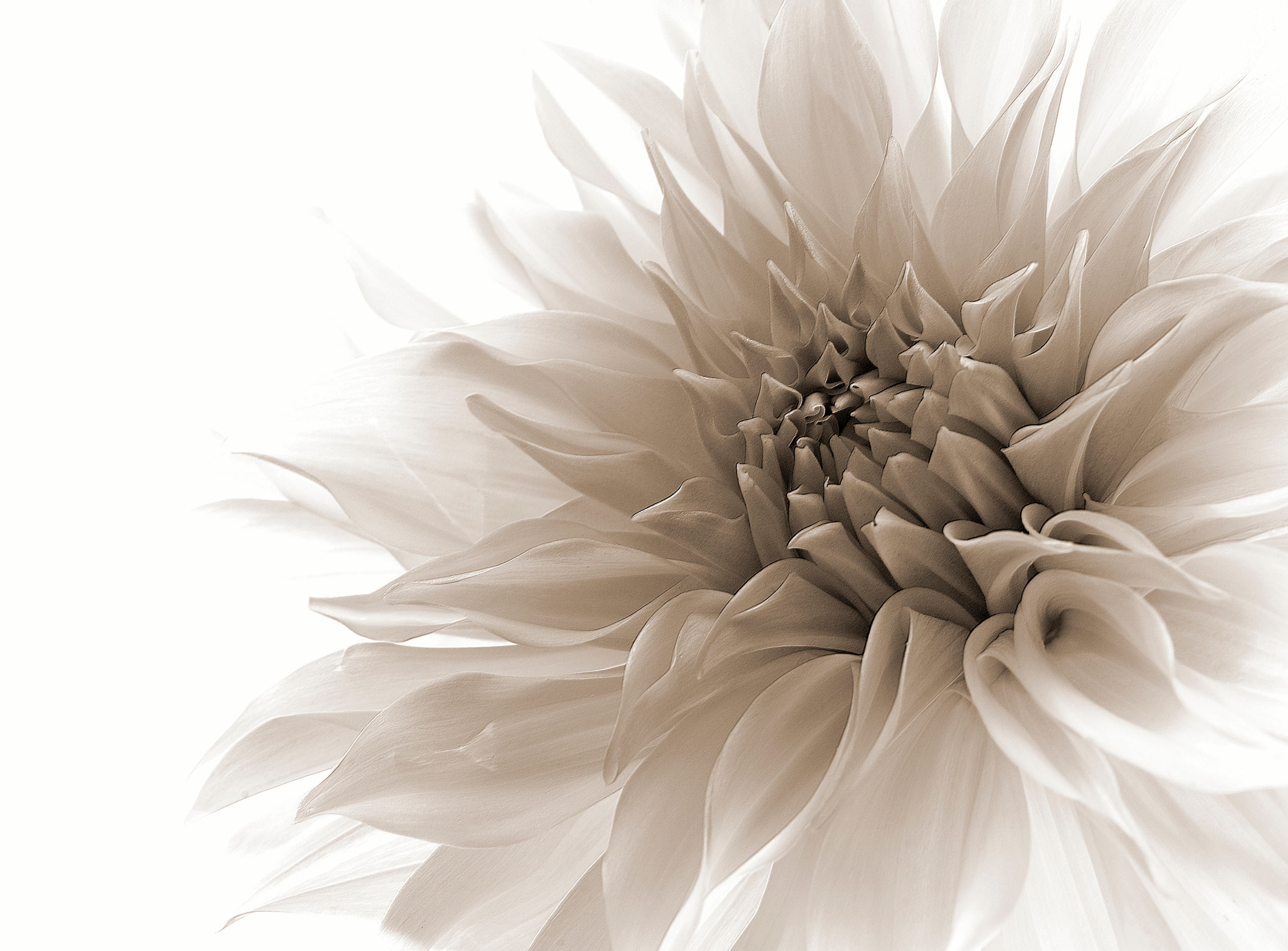
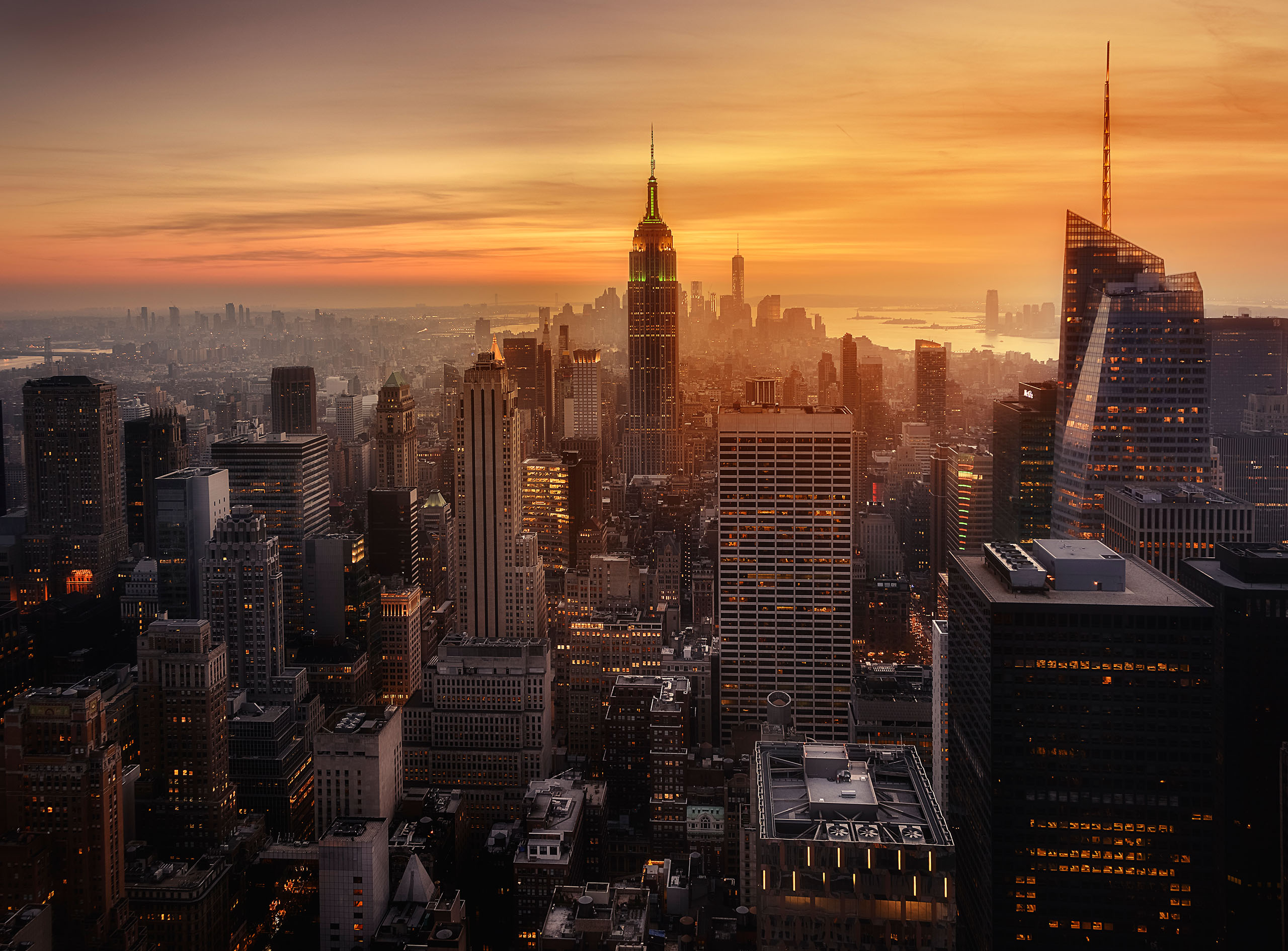
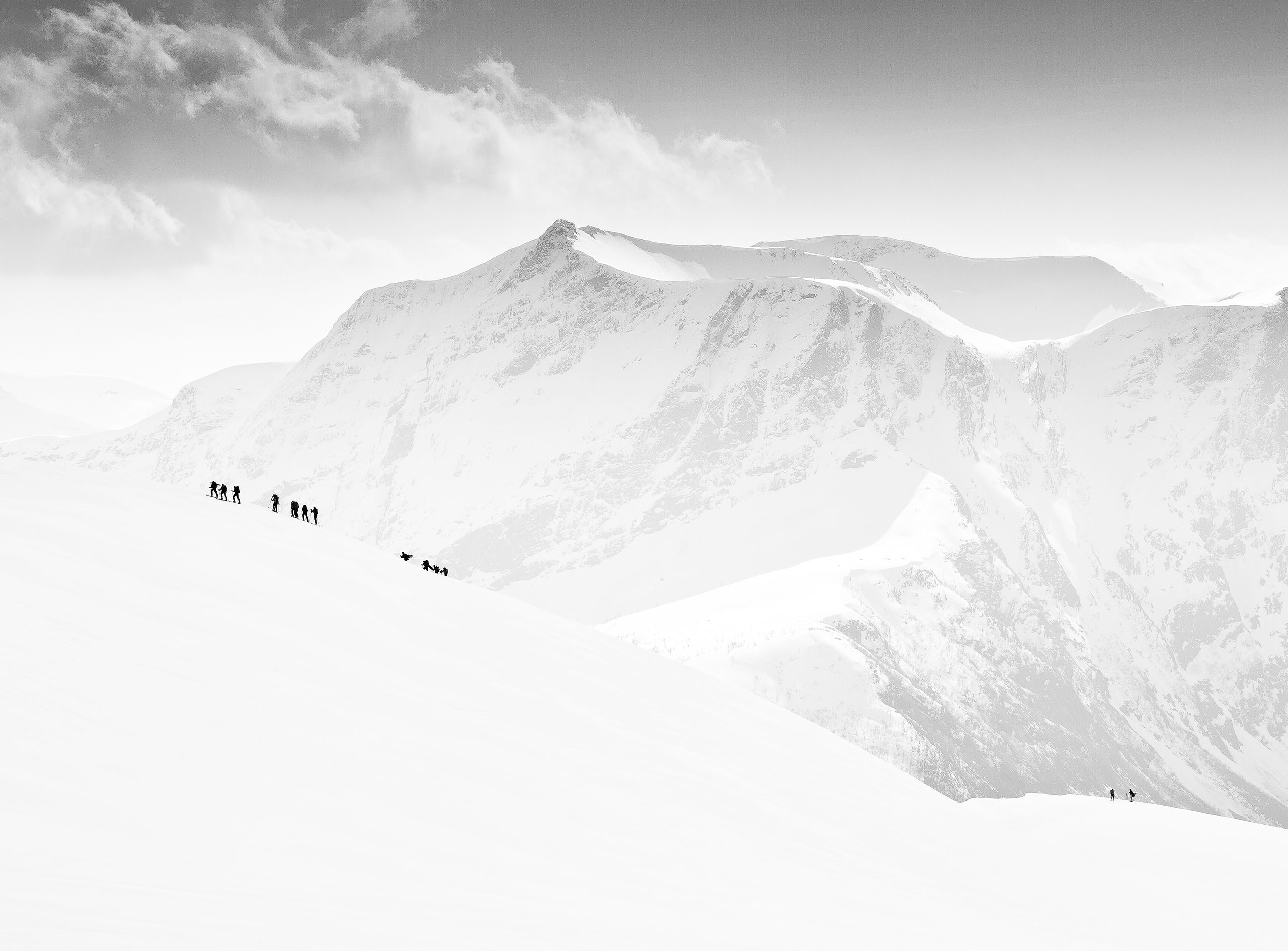
|
|
|
|


by Editor Vicente Dolz
Luis Rabanal is to photography what a shoemaker of the early nineteenth century was to shoes. He loves what he does and he does it with precision. He is a photographer by hobby and photography professor at the Popular University of Fuenlabrada (Madrid, Spain). The people who attend his courses adore him; he is friendly and loves to teach his lab techniques. He likes to carry his large-format camera and go to the field to take photographs. These photographs were exhibited in popular circuits, exhibition halls and national markets. He is not a big fan of stellar appearances, networks and media. He regularly meets a group of friends / photographers with whom he shares photographic experiences.
I met Luis in 2014 in Mirartephoto, an Art Festival that was held in Guadalajara. Since then we met each other on other events, such as EntreFotos La Feria (https://www.facebook.com/entrefotos.laferia/). I follow his career and saw him participating to many exhibitions and he still gives darkroom courses.
Let's learn some more about this artisan photographer through this interview.
How did it all start, Luis?
From an identity crisis: 20 years ago I went through a personal crisis. A moment of discouragement, lack of hope and horizons. In that period, I just wanted to paint beautiful faces. But drawing and painting were too slow for me. A friend left me an old Zenit 12xp and I began to photograph what was around me. I immediately find back the vision of beauty that surrounded me.
There was also something addictive waiting to see the results coming back from the laboratory. But some of the film rolls were damaged, had scratches, hairs, fingerprints on it ... So I decided to take over the control of the whole process. I bought a film development tank and started shooting in black and white. Finally I bought also an enlarger, buckets, more chemicals. I was lost and completely hooked on BW chemical photography since than.
I have seen you working in the laboratory and realised you loved what you were doing. Do you consider yourself meticulous, precise?
It is absolutely necessary to be and it never becomes enough. The reinterpretation of an image is performed in the laboratory process. You have to make the photo content really corresponding with what you have seen and with what you had in mind when making it. You have to re-compose the image on the negative, adjust the brightness and contrast of the scene, you have to choose the type of paper to use to obtain the best results.
All these elements are part of language you want to give to the image.
In addition, the reverse path occurs from when you took the photo: the light now does not enter the camera, but leaves it to the negative and to the enlarger to create a new reality that will reflect the original. This creation process requires being respectful and meticulous.
It is also important to ensure the quality of the copies and negatives so that they last over a long time. Analogue photographs are subject to the passage of time. So being meticulous is fundamental. Now I see some of my first copies from 15 years ago ruined by a bad choice of photographic paper.
Why landscapes, main protagonist of your photographs?
In nature there are no human dimensions: there is silence, absence of words and concepts. An individual isolated in the midst of nature experiences emptiness, nothingness and perceives himself in his true dimensions of finitude and smallness. For me, these dimensions are the truth of our existence. Everything else is a stage, a set. Nature is the space of the truth of life.
When I take photographs in nature I extract a square or a rectangle from it and we call that landscape. Landscape photography is a mirror of the interior of its author.
I nearly see people in your landscapes. Why?
In romantic painting, the natural space can be the setting of the scene as well as the protagonist, thus creating the landscape as an artistic theme. In many of the paintings from that period, a tiny human being is painted/added somewhere. It was a representation of the smallness of humans.
Representing the empty landscape without people directs our gaze to the world of non-words, non-objects. This is also real and may be more real than reality itself. The human presence in photos would empty this content.
You have chosen chemical photography. I know that you have also done digital but went back to chemistry. Why?
I started with analogue photography and I continue to do it. With analogue photography I find a rhythm of work similar to my own ability to relate to the world. I do not get saturated with images and I maintain a physical relationship with the whole photographic process. In addition, the result is an object, a copy on paper, a framed photo, a box of photos, a photo book ... something physically real. There is also the aesthetic character that is obtained with optical, films and analogue papers. It's an aesthetic somewhat more imperfect than digital and I like that. I also take digital photographs but that's unusual for me. But even than, the images I want to keep always end being a physical object, a photo book for example. It is the natural medium of any photograph, analogue or digital.
For 7 years you have participated in photographic markets. Tell us what they are and how you experienced them?
These are markets on the street or in cultural spaces where photographers show their work. The public that comes to these markets has the possibility to see, touch and acquire the work and dialogue with the authors. I participated to many of them over the last 7 years in different parts of Spain: Madrid, Barcelona, Ubeda, Guadalajara ... These markets have a different public and almost no economic benefit. Today, it is still an activity that brings me a lot of satisfaction. It is not a commercial activity. I stopped seeing it like that and frustrating myself. It is a kind of performance in which the author makes his work available to the public. The real protagonist is the dialogue between the person who comes and my images. I am not the protagonist.
Some people touched by their dialogue with an image will approach me to ask about techniques and aesthetic or for price issues. Some will buy an image because they are found of it and want it to along with them in time and space. When this happens, I'm very happy, but if it does not happen I will no longer be sad to go home.
Do you teach classes to people of all ages? How do younger people interact with analogue cameras?
Well, the youngest as well as the oldest, everyone assumes that analogue photography is disappearing but that statement is absurd. The market is responsible for forging this thought. When my people finish the course of BW analogue photography, they all express a great satisfaction for the time dedicated to create their images and affirm the huge importance of knowing these techniques to increase the culture and the love for photography. Not everyone will continue practising it but they all will take the opportunity to understand and admire the work of the greatest photographers in history.
Who are the photographers that inspire you?
I really like Robert Adams and Eugène Atget. In both, I recognize that sensitivity for empty spaces as the main language. I admire the ethics and easthetics of Sebastiao Salgado and August Sander. Gabriel Cualladó encourages me to look to the people surrounding me. Martin Parr and Larry Towell help me to reflect with their ways of approaching reality.
Do you think the creative process is seasonal, comes and goes?
I believe that creativity is a human capacity that must be cultivated. I think it has to do with the level of consciousness, with the ability to see things as they really are or with a special state of mind in which ideas come to you. A good friend gave me a book from David Lynch: 'Catch the Big Fish' in which the film-maker states that the creative act is selfish because it takes all the time for itself, and because our pace of life is incompatible with that freedom to give things time to happen.
Is there a book that you would recommend and / or that has helped you in a creative way?
There is a philosoper who helps me to reflect on myself, to dive in deep waters to find my own vision: Byung-Chul Han. Any of his books is a source of inspiration to me. I also like to read the Dhammapada, a Buddhist text that calms me and helps me to get back to the essence. I cannot find creativity without silence and reflection. Technically, it is the Ansel Adams trilogy: Without technique there is no useful creativity.
What cameras and focal points do you usually use and why?
Till recently my camera was a Rolleiflex 3.5f. for most everything. Lightweight, high optical and mechanical quality. I had to sell it to get an 80mm for Hasselblad. So right now this is the camera that I use most commonly with 50mm for landscape and interiors and 150mm for portraits. I also work with a Toyo 45A with 9x12 plates and 150mm, 90mm and 65mm Schneider optics. When I want to go lighter I use the Nikon f100 with 28mm Ais. For digital photography I use a Nikon D800 and a Fuji X-E3.
Any recommendations for the youngest and for those who start with photography?
Do not be in a hurry to do anything. Haste kills the spirit. It takes many hours of flight to understand any art or science. And do not absolutize photography. There are more important things in life than taking pictures.
 | Write |
 | Patrick Compagnucci PRO Wonderful interview, with a beautifully minded photographer! |
 | Rabanal Luis PRO Oooohh¡¡¡ Fine words, I feel flattered. Thank you very much, Patrick. |
 | Luiz Laercio PRO Beautiful art!!! Congratulations! |
 | Rabanal Luis PRO Thank you Luis!!! |
 | Yvette Depaepe CREW A real artisan photographer addicted to analogue work. Congratulations, Luis! |
 | Rabanal Luis PRO Thanks a lot, Yvette. |